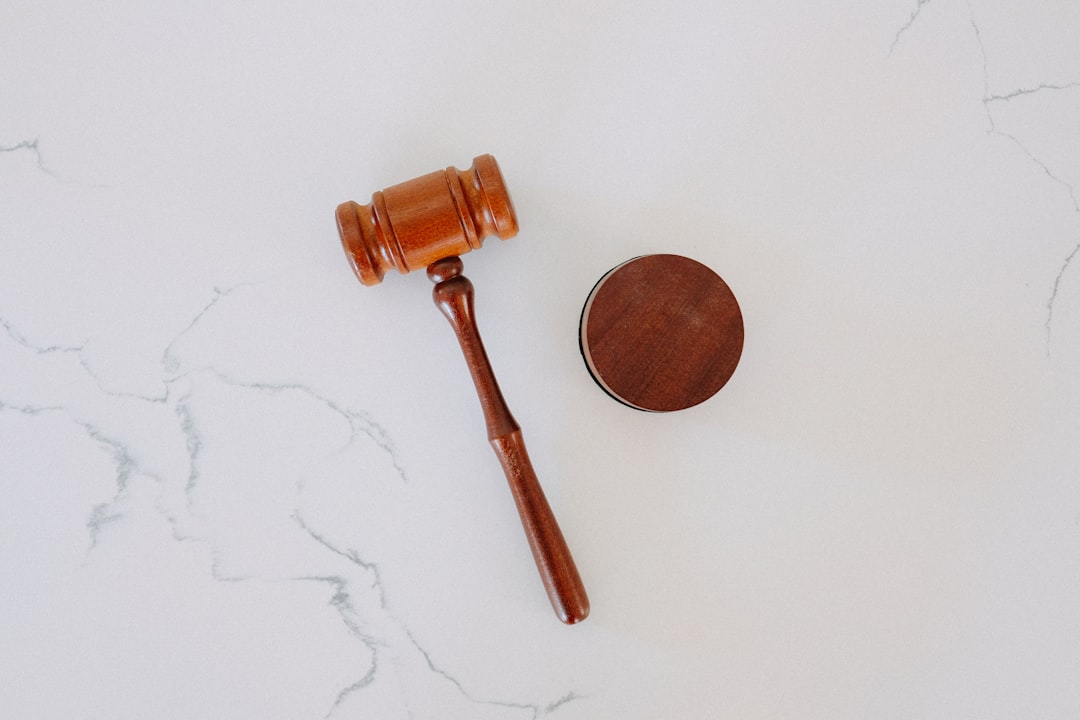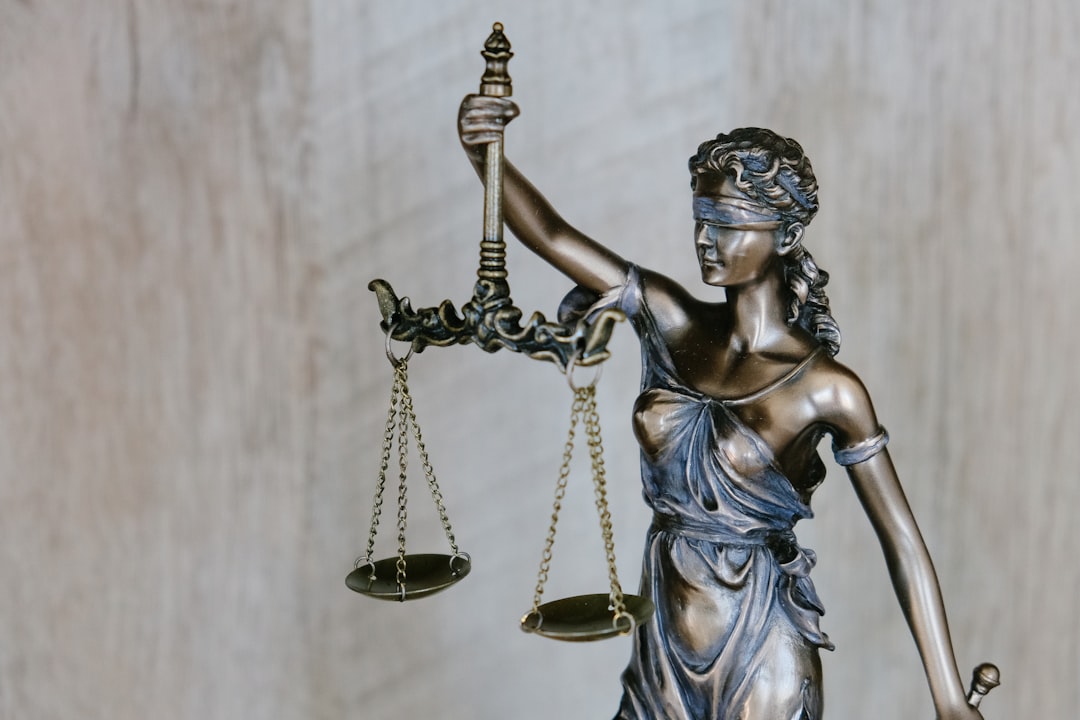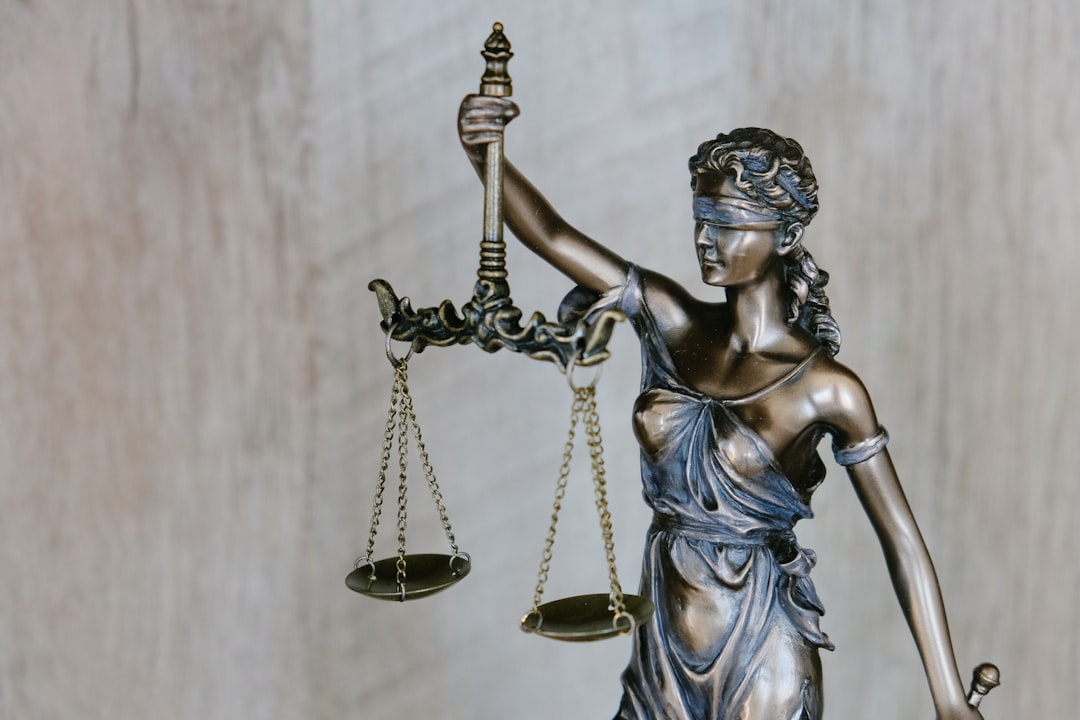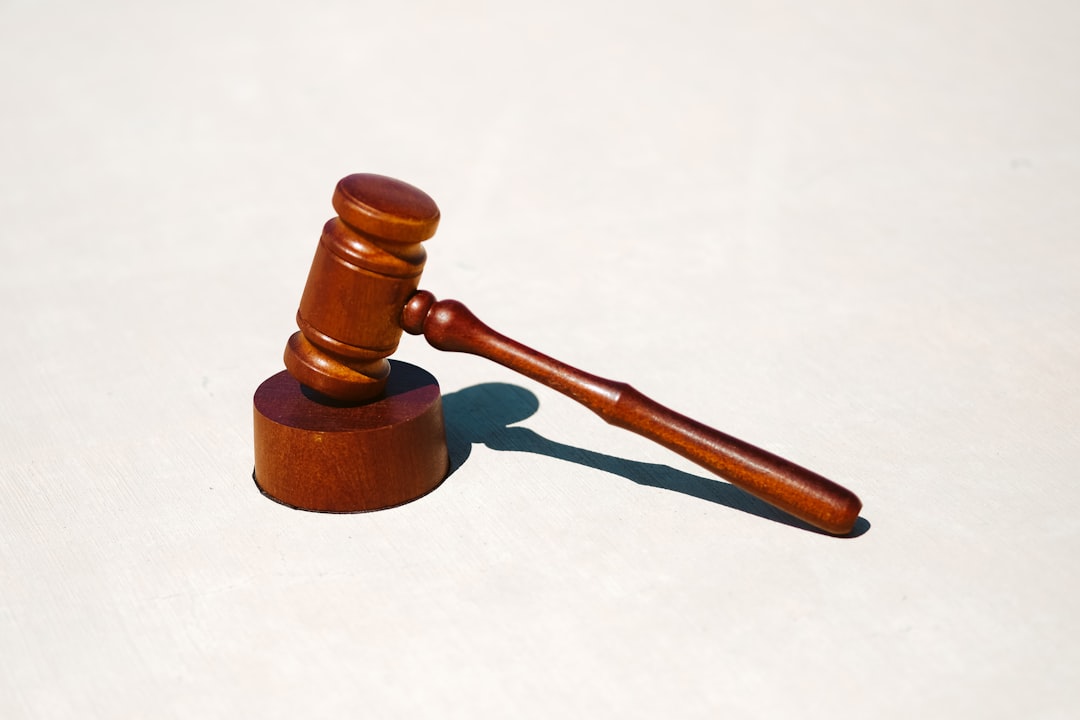In Wilkes-Barre and throughout Pennsylvania, cultural taboos surrounding sexual assault create significant obstacles for victims seeking justice, often deterring them due to stigmatization and fear of reputational damage. Rape lawyers in Pennsylvania play a critical role by empowering victims with knowledge about their rights and navigating complex legal frameworks while challenging societal norms. These attorneys' efforts contribute to an inclusive environment where survivors feel encouraged to come forward, ensuring access to justice through strategic legal tactics and challenging cultural biases. By addressing taboos and providing specialized support, the community can create a safer environment for sexual assault victims.
“In many cultures, discussions around sexual assault are shrouded by taboos, often hindering victims from coming forward. This article delves into the complex interplay between cultural norms and reporting of sexual crimes, focusing on Wilkes-Barre, Pennsylvania. We explore how societal barriers, rooted in taboos, impact victim willingness to pursue justice. Furthermore, we analyze the role of rape lawyers in Pennsylvania, examining their significance in navigating these sensitive cases. By understanding these dynamics, we aim to highlight strategies for improving access to justice for sexual assault survivors.”
Understanding Cultural Taboos and Their Influence on Reporting

Cultural taboos surrounding sexual assault can significantly impact how victims choose to report and pursue justice, as seen in Wilkes-Barre and across Pennsylvania. These deeply ingrained societal norms and beliefs often influence a victim’s decision to come forward, with many facing internal and external barriers. For instance, some cultures may stigmatize sexual violence, encouraging victims to keep quiet to protect their reputation or that of their family. This is particularly prevalent in communities where reporting rape is seen as a personal failure or a sign of weakness.
The presence of such taboos can lead to underreporting, making it crucial for legal professionals, especially rape lawyers in Pennsylvania, to understand and address these cultural nuances. These attorneys play a vital role in empowering victims by providing them with knowledge about their rights and options while navigating the complexities of cultural expectations. By recognizing and challenging these taboos, they contribute to creating a more inclusive and supportive environment for sexual assault survivors to come forward and seek justice.
The Legal Landscape: Rape Lawyers in Pennsylvania

In Pennsylvania, the legal landscape surrounding sexual assault cases is complex and heavily influenced by cultural taboos. The state has stringent laws in place to protect victims and prosecute perpetrators, but societal norms and biases often play a significant role in how these cases are handled. Rape lawyers in Pennsylvania are well-versed in navigating this intricate web of legal and cultural factors. They understand the importance of sensitive handling of such cases, ensuring that victims’ rights are protected while adhering to the nuances of the law.
These rape lawyers employ strategic approaches tailored to the unique circumstances of each case. They work diligently to gather evidence, interview witnesses, and build strong legal arguments to secure justice for their clients. Their expertise lies in recognizing and challenging any cultural biases or taboos that might impede the prosecution process. By advocating for their clients’ rights, these lawyers play a crucial role in reshaping public perception and fostering an environment where sexual assault is taken seriously, regardless of cultural barriers.
Examining the Case of Wilkes-Barre: Overcoming Barriers to Justice

In the case of Wilkes-Barre, examining the impact of cultural taboos on reporting sexual assault reveals a complex web of barriers to justice. Often, victims face stigma and shame, which can discourage them from coming forward. This is especially true in conservative communities where discussions around sexual violence may be taboo or misunderstood. As such, many cases go unreported, making it challenging for law enforcement and rape lawyers in Pennsylvania to secure convictions and provide adequate support to survivors.
Overcoming these barriers requires a multifaceted approach. Education and awareness campaigns can help destigmatize reporting and ensure victims understand their rights and available resources. Moreover, supporting survivors throughout the legal process, from initial reporting to trial, is crucial. This includes having specialized rape lawyers who can navigate the complexities of sexual assault cases while advocating for their clients’ rights and justice. By addressing cultural taboos and providing comprehensive support, communities like Wilkes-Barre can foster a safer environment for victims to come forward and seek the justice they deserve.






